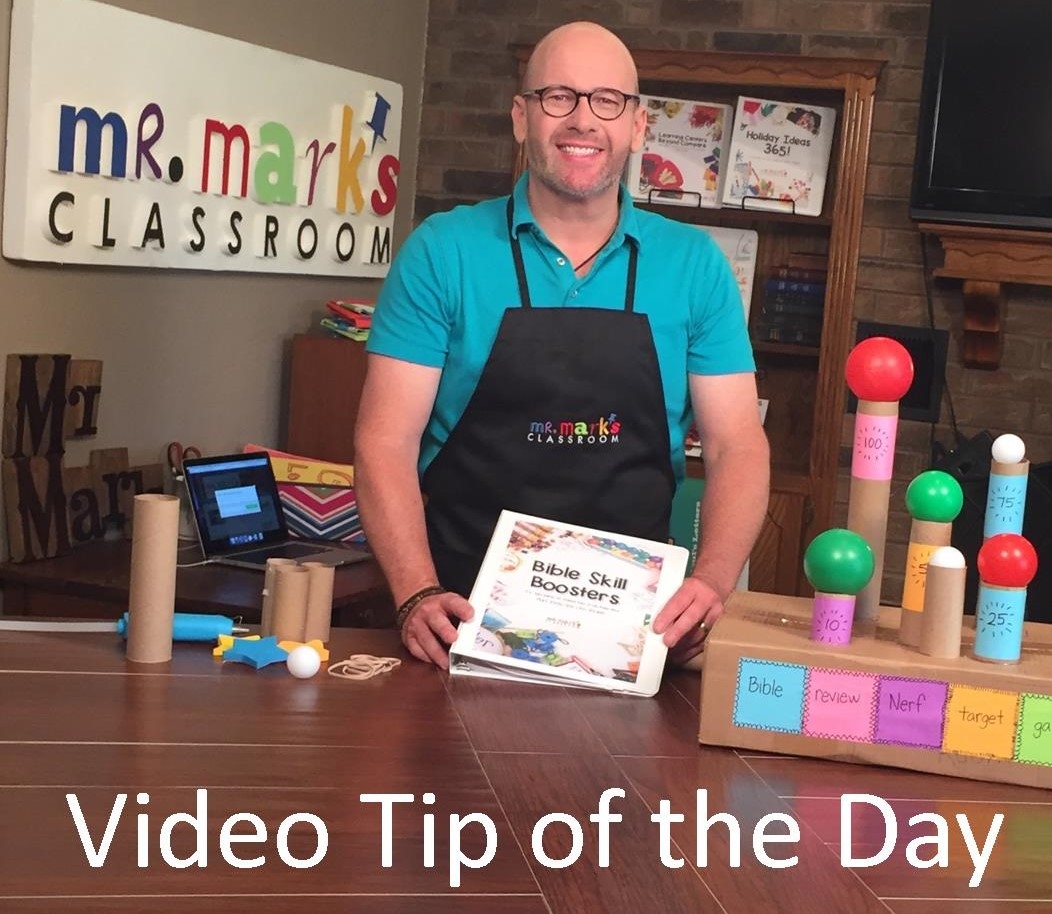Grief is an emotional wound upon the heart. Grieving is a process of healing that wound.
Stages of grief for kids move around:
- Shock/ Denial
- Anger
- Bargaining
- Sadness, Depression
- Acceptance
- Successful Tasks of Grieving
- Accept reality of the loss
- Experience the pain of grief
- Adjust to the environment without the loved one
- Withdraw one’s emotional energy from grieving and move forward to start new relationships
But Wait… Kids Grieve?
- They do grieve, but it is different for kids
- Their grief may be invisible
- “Silence is golden” (not good)
- Children can handle the truth
- Rituals aren’t for adults only
The grieving child may…
- Retell events
- Have dreams of the deceased
- Feels the deceased is with him in some way
- Wants to call home during school
- Can’t concentrate on school work
- Bursts into tears during class
- Become class clown or withdraws
- Sometimes appear unfeeling
- Be overly concerned with caretaking needs
- Seeks medical information on death of the deceased
- Worries excessively about his own health
Factors Affecting Length of Grief:
- How close was the child to the person that died?
- How unexpected was the loss?
- What age is the child?
- What kind of death?
How to Respond:
- Be mindful of their developmental level
- Use their language, words
- Emphasize they are not responsible
- Don’t deny their feelings; affirm them
- Get feedback
- If they ask, explain the physical details (simplified)
- Be honest; tell the truth
- Make use of picture books, dolls/ puppets, art and allow for play
- Talking with the child
- No metaphors or clichés
- Children grieve “in spurts”
- Simple, factual replies to what the child is actually asking, no more
- Be present
- Listen
- Affirm feelings
- Follow their lead
- Truthful- “I don’t know”
- White Lies and half truths
- What’s the problem?
- Other people talk and children will overhear
- Lies destroy trust
- Child often imagines something much worse than the reality
Never tell children what they will have to unlearn later.
Remember…
Grief is a process, not an event. It’s not a problem that one needs to fix, solve or even “get over”.
Children almost always remember a loss despite not talking about it.
Children grieve differently than adults; they may express less sadness, talk less, or cry less. But they are grieving in their own way.
What would you add to these suggestions?
*Register for the Unwrapped Conference August 5
Get more details at www.mrmarksclassroom.com/unwrapped
*New Book to be Released–
Learning Centers Beyond Compare
Great Ideas for Teachers- Fun Activities for Preschoolers






